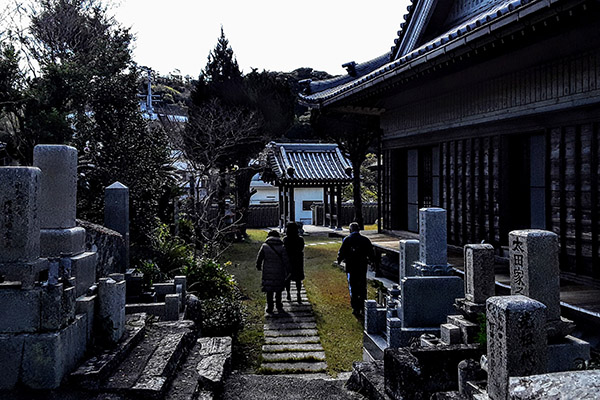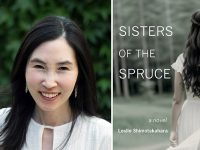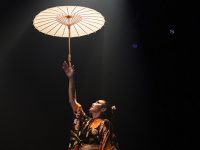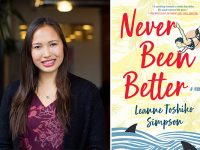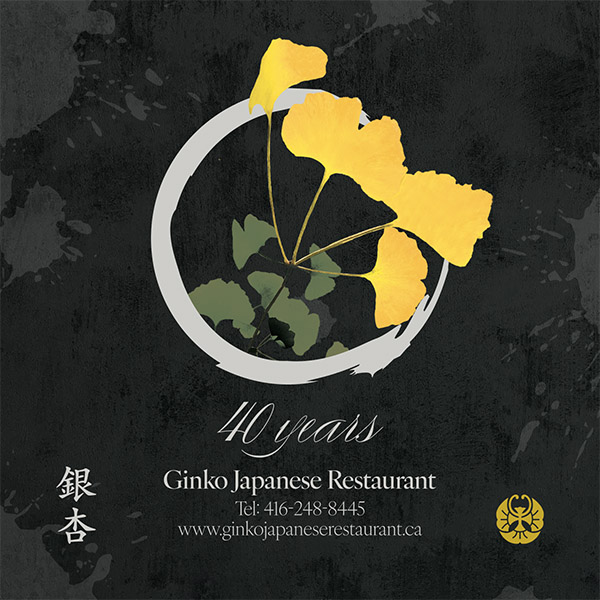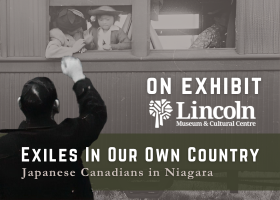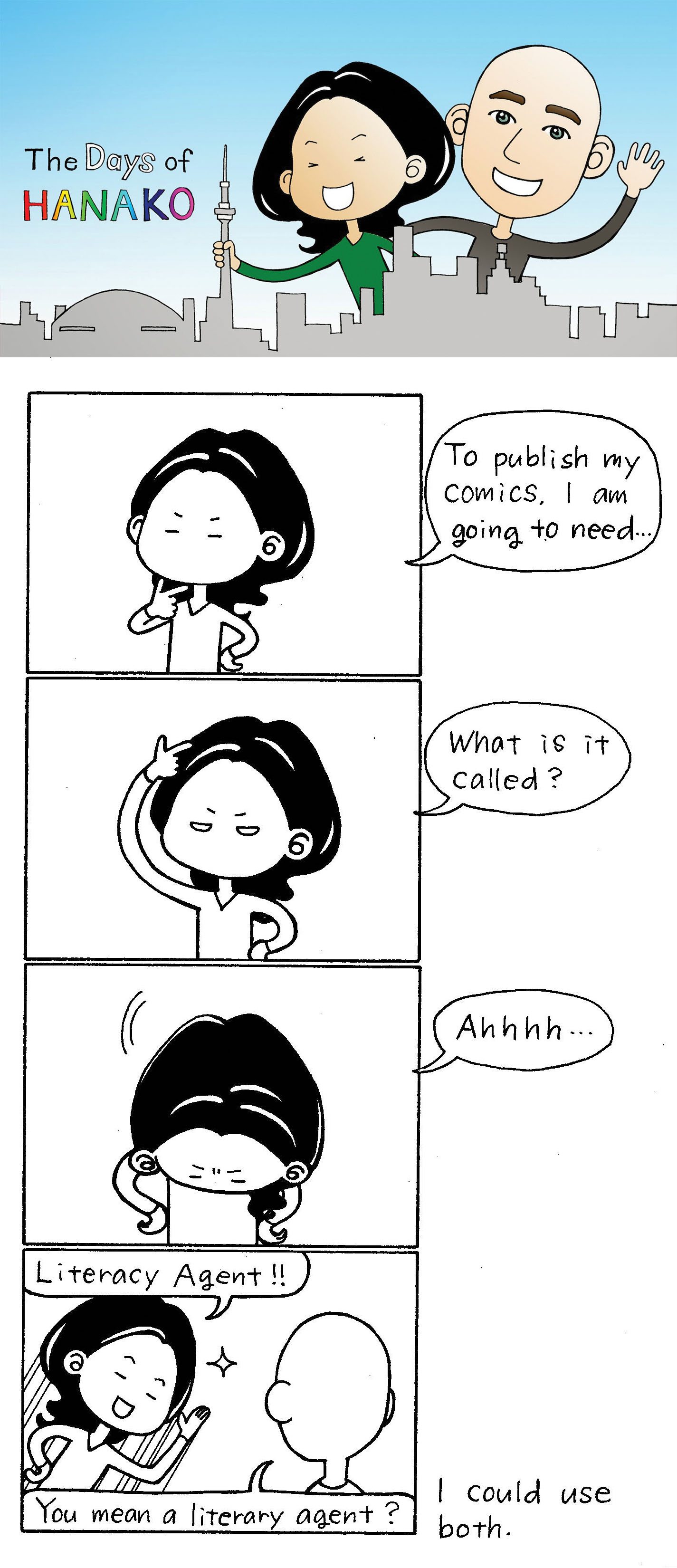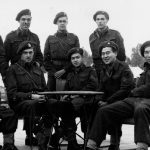Columnist Caroline Ishii on learning how to be alone while living in the Japanese countryside.
OCHI — Over the past year, I worked as an assistant English language teacher with JET, the Japan Exchange and Teaching Program, in a small mountain town called Ochi on Shikoku Island, Japan.
In leaving Ochi, many friends and colleagues wanted to say goodbye, take me out, give me gifts, and spend time with me. I wondered where all these people were when I was yearning for the company throughout the year. It was during the pandemic, and people weren’t going out as much, but it was more than that. It was about living in a small town in the inaka (countryside). I had never experienced this being a city girl. It was also about being an outsider.
The average family in Ochi has five children or more. Many households are multi-generational, with the parents, children, and often grandchildren living together or close by. In regular times, they interact with other friends and family. In COVID-19 times, they lockdown into their own mini-communities. The teachers and school staff drive over an hour every day to Ochi from Kochi city. They work long hours and return to the city at the end of the day to their families and friends.
I felt alone in the rural countryside; there was nowhere to hang out like coffee shops or cafes, and almost everything closed early. I didn’t want to be in the countryside. I had asked JET for a city placement. I feared being isolated and alone in a rural area, which ended up happening. The more I resisted where I was, the more I suffered.
I started blaming Ochi for my problems. When I noticed this and let go of what I thought this experience would be versus what it was, I stepped into the present. I started becoming grateful for what I had before me, and my life changed.
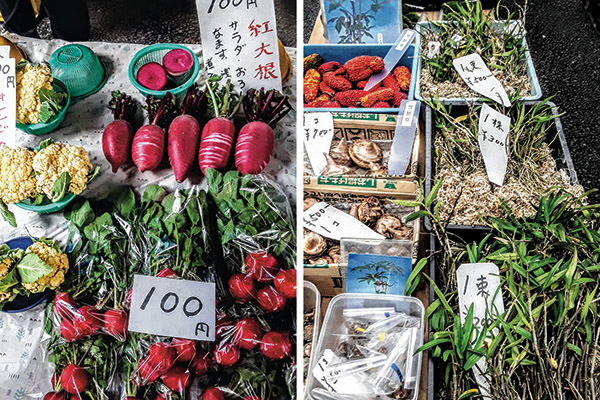
Ochi is a beautiful countryside town, with fresh produce, vibrant green rice fields, and cedar-forested mountains. Photo courtesy: Caroline Ishii.
Ochi is incredibly beautiful, with cedar-forested mountains, vibrant green rice fields, the clear blue-hued Niyodo river, and abundant fresh local produce. I took responsibility for saying “yes” to coming to Ochi. I was not a victim or a prisoner. I could leave when I wanted. When I acknowledged that I had a choice and decided to stay, I became free. It’s the cages we put ourselves in where we suffer the most.
I had a long-held dream to live and work in Japan, things I always want to try, see and do. I wanted to do the JET program for a long time, but I didn’t have a BA, one of the applications’ requirements. Now that I had my MBA, I could. I also wanted to go to Japan to find out more about my roots. In particular, I hoped to find the gravesite of my grandfather, Otomatsu. Gathering information and clues through the years, I felt the last piece was coming to Japan. In Ochi, I was fortunate to meet a new friend, Rika, who brought me to Otomatsu’s gravesite on Nushima Island in Awaji-shima. I reunited with my grandfather after 70 years.
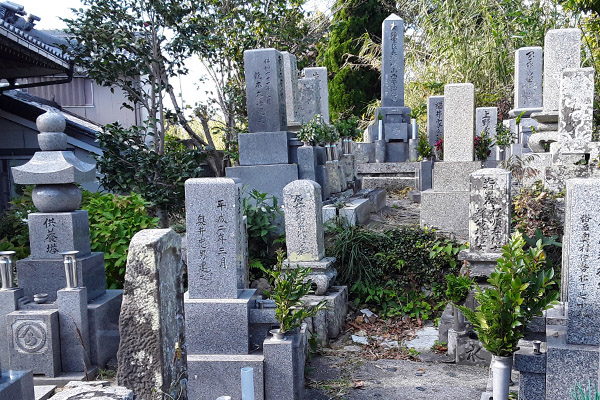
One of Caroline Ishii’s dreams while in Japan, was to find her grandfather, Otomatsu’s gravesite. She was able to reunite with him after 70 years in Nushima Island in Awaji-shima. Photo courtesy: Caroline Ishii.
With daily immersion in the Japanese language in Ochi, I improved my Japanese language abilities. My mother spoke to me in Japanese when I was young, and I responded in English. I went to the Toronto Japanese Language School. However, I paid little attention to the classes and resented not watching Saturday morning cartoons like my friends.
What I will remember most about my time in Japan is the food. I experienced many familiar flavours and fell in love with new tastes. Over the past year, I thought of my mother often who cooked and ate Japanese food with incredible passion as if she needed it to keep her memories of Japan alive.
I took away many lessons from living in a small mountain town for the year. I learned that loneliness has many forms. It’s not what I expected to learn. In loneliness, we long for community. This yearning for our tribe is part of being human. Our survival relies on being in a pack and looking after each other, over being the lone wolf. There is also a form of loneliness based on the fear of being alone. When I first separated from my ex-partner of 17 years, the thought of being alone on a Friday or Saturday night made me feel like a loser. I would desperately seek out friends to go out with me. I couldn’t bear being alone, especially when I saw others with their loved ones and friends on social media.
In Ochi, I spent Friday and Saturday nights—and most of my nights—alone, especially when the pandemic escalated. We were encouraged to stay home. It became not as scary as I thought it would be. I would ask people to hang out. If they couldn’t, I would find activities that I wanted to do at home: a good movie and popcorn, writing with soulful music or speaking with friends in Canada. I grew to like being with Caroline. I found out that she is smart, adventurous, and fun to be around. To know that I hid from her, avoided her, and ignored her for so many years because I didn’t want to be alone, makes me sad.
For a long time, I thought I didn’t deserve the attention. I felt it was selfish and self-centred. I had learned that good girls put others first. My mother taught me that self-sacrifice and thinking of others before ourselves is an integral part of the Japanese tradition.
Why change? I noticed these patterns of putting myself last were self-destructive. I was a victim, blamed others, and even Ochi for my unhappiness. Most of all, I suffered. I was looking for love in the wrong places. I wanted places and people to be what I wanted them to be, instead of accepting them as they are. This included me.
What changed? I listened to hundreds of experts on personal development, wrote daily about what I was going through, found an incredible life coach, and spoke more regularly with friends back home. Most importantly, I started trusting myself.
I stepped into the role I desperately wanted others to step into for me. This was to support me, be there for me, and love me. We may have a partner, family, and friends who can be there for us now, but they may not always be. The only person who can always be there for you is you. I didn’t think about the needs of Caroline before. She was desperately trying to get my attention for a long time, like a child pulling at her mother’s skirt, screaming, and trying to attention. I would pretend not to notice or walk away. Once I did start to notice, I became friends rather than enemies with myself. I realized there are two Carolines. The one that is observing what I am doing and providing a running commentary. The other is within us, the spirit that never changes. Some call this the intellect and the heart.
I brought back both Carolines with me to Canada. I deeply appreciate the friends I have here and their support and love. There is nothing like good friends and community around to lift you up. But I also know that I’ve got my back too as my best friend. I forget this at times. I feel off, and I experience what I call “friction.” There is agitation, sadness, exhaustion, and a feeling that something is not right.
I pause to acknowledge what I am feeling rather than hide or run away from it in guilt and shame. I ask what I can do to help. With the question, my best friend is alerted and comes in to help me. This is one of the greatest gifts I brought back with me from Ochi. I learned this in the inaka, where I didn’t want to be, afraid of being alone or ask for help. I came to terms with what I feared most: being alone. In doing so, I realized that the boogie man is not out there, but is me. And when I came closer, the boogie man became my best friend.
***







 20 Nov 2020
20 Nov 2020
 Posted by Caroline Ishii
Posted by Caroline Ishii 